MS-LS2-5
Evaluate competing design solutions for maintaining biodiversity and ecosystem services.
-
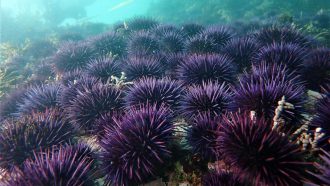 Ecosystems
EcosystemsUrchin takeover underlies California’s vanishing kelp forests
Some 95 percent of kelp forests along its northern coast are gone. Meanwhile, sea otters are helping slow the loss of surviving kelp farther south.
-
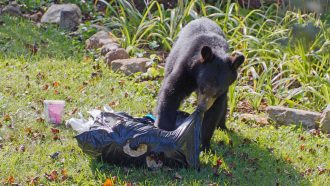 Animals
AnimalsChanging people’s behavior can make bear life better
Black bears don’t always live life on the wild side. More and more, they live near people. Here’s how people and bears can get along.
-
 Plants
PlantsUrban gardens create a buffet for bees
City gardens provide a huge amount of nectar and pollen for pollinators, making them an essential conservation tool.
-
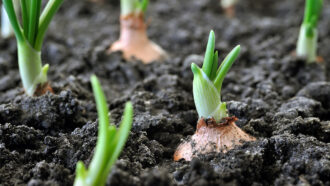 Agriculture
AgricultureHealthy soils are life-giving black gold
Scientists explain why everyone needs to value the soils beneath our feet — and why we should not view them as dirt.
-
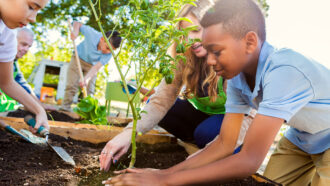 Environment
EnvironmentWhat you can do to improve soils
Soils are the life-sustaining structures under our feet. Here are some tips for keeping soils healthy. First rule of thumb: Give more than you take.
-
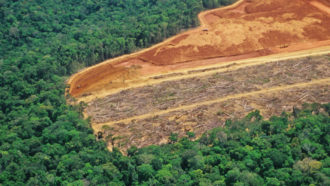 Ecosystems
EcosystemsCan people protect as much space as nature needs?
To save biodiversity, nations are drafting a plan to protect 30 percent of Earth by 2030. Up for debate is how best to do that.
-
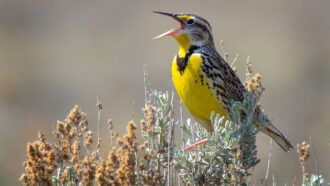 Animals
AnimalsAround the world, birds are in crisis
Human activities around the world are threatening bird species. Numbers of even some of the most common species are starting to fall.
-
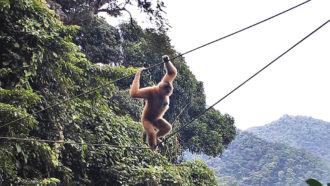 Animals
AnimalsAnalyze This: Ropes restore a gibbon highway through a rainforest
When endangered Hainan gibbons started making risky leaps across an area mowed down by a landslide, researchers provided them a rope bridge.
-
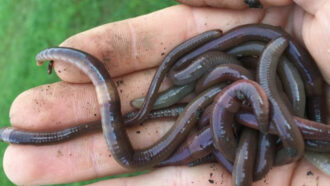 Environment
EnvironmentJumping ‘snake worms’ are invading U.S. forests
These bad-news invaders are spreading across the United States. As they turn forest debris into bare ground, soils and ecosystems are changing.
By Megan Sever -

A dirty and growing problem: Too few toilets
As the famous book says, everybody poops. That’s 7.8 billion people, worldwide. For the 2.4 billion with no toilet, the process can be complicated.
-
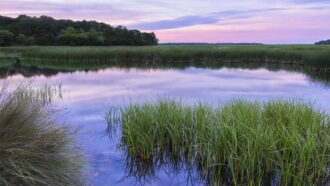 Ecosystems
EcosystemsSoggy coastal soils? Here’s why ecologists love them
Coastal wetlands can protect our shores from erosion, flooding and rising sea levels.
-
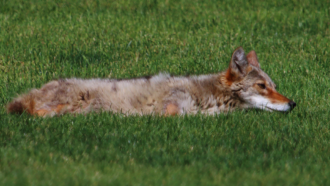 Animals
AnimalsAre coyotes moving into your neighborhood?
How do coyotes survive in New York City, Los Angeles and Chicago? Researchers and citizen scientists are working together to find answers.